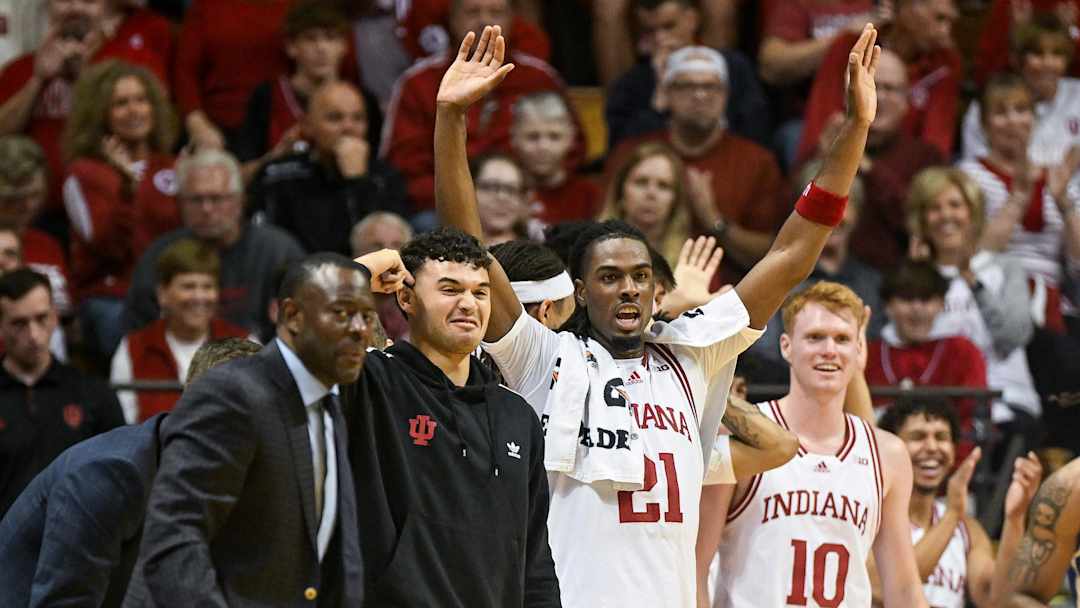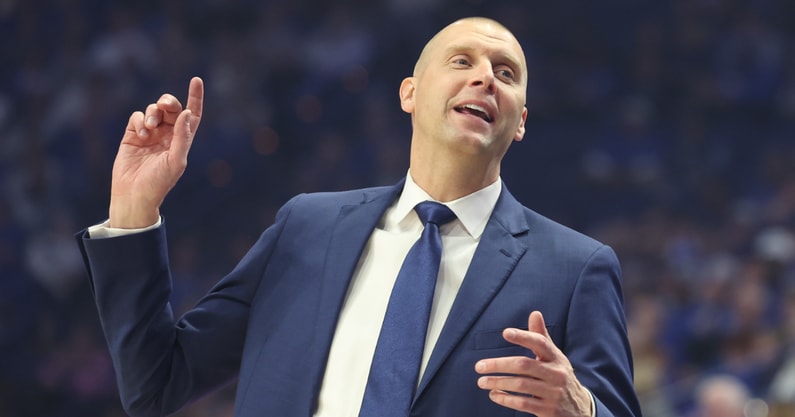
Tennessee football is experiencing an offensive drought that hasn’t been seen in over six decades. The Volunteers, known for their traditionally high-octane offense, have struggled mightily in the first halves of recent games, a startling development for a team that had been among the most explosive in the country under head coach Josh Heupel.
This drought is particularly troubling given Tennessee’s offensive identity. Heupel’s fast-paced, spread offense had taken the SEC by storm in the past few seasons, often overwhelming opponents with its speed and versatility. However, this season has been a different story. The Volunteers’ first-half offensive production has plummeted, and they’ve found themselves trailing early in games, forced to play catch-up in the second half—a recipe that has historically spelled trouble for football teams.
The first-half struggles have resulted in Tennessee failing to score touchdowns in the first two quarters of several recent matchups, a streak that has not been seen in Knoxville since the 1960s. During that era, the Volunteers were known for their defensive prowess but struggled to find consistency on offense. The current drought has shades of that era, though this time, it’s a perplexing departure from what has become an expected offensive juggernaut.
One of the key issues has been Tennessee’s inability to establish a rhythm early in games. Offensive miscues, including penalties, missed assignments, and turnovers, have plagued their opening drives, leading to a significant drop in points scored before halftime. Injuries to key players, particularly along the offensive line, have exacerbated the problems, limiting the team’s ability to run the ball effectively and protect their quarterback, Joe Milton.
Milton, a highly-touted transfer with a rocket arm, has shown flashes of brilliance but has struggled with inconsistency, particularly in first halves. His chemistry with receivers has taken time to develop, and opposing defenses have keyed in on Tennessee’s vulnerabilities, further complicating the team’s ability to break out of their slump.
Despite the early struggles, there is optimism that Heupel and his staff can turn things around. Tennessee’s second-half performances have been notably better, suggesting that the talent is there, but the team must execute better from the opening whistle. The Volunteers’ ability to bounce back and adjust in games is a testament to their coaching staff, but the key going forward will be finding ways to jumpstart the offense in the first half and put opponents on their heels early.
As the season progresses, Tennessee fans will be watching closely to see if this offensive drought is a temporary setback or a more significant issue that could define their season.





